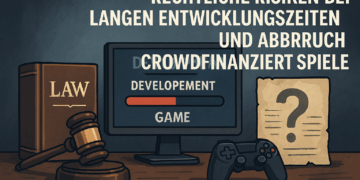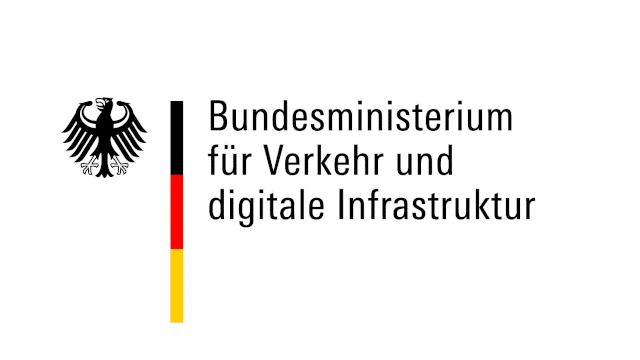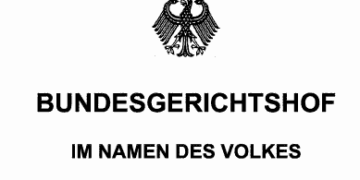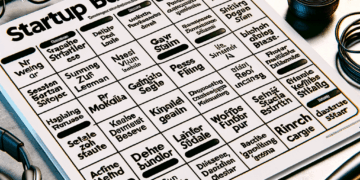Converting a successful computer game into a board game can be a fascinating way to expand a popular brand and reach new target groups. However, the process involves complex legal issues that need to be carefully considered. In this blog post, we look at the different scenarios and legal implications for publishers, developers and self-publishers.
The publisher wants to create a board game
If a publisher wants to develop a board game based on a computer game, the legal situation depends heavily on the contractual agreements with the original developer. In many cases, publishers secure extensive rights to the brand and intellectual property of the game. This may also include the rights to create adaptations and merchandising products. The exact structure of these rights is a question of the precise formulation of IP rights in the publishing agreement. It should be noted that the transfer of rights under German copyright law is subject to the purpose transfer principle, according to which the author does not transfer any rights beyond those required for the purpose of granting the rights.
The decisive factor here is the detailed structure of the publishing agreement. If the publisher has secured the necessary rights, it can decide relatively freely about the creation of a board game. However, they must bear in mind that certain elements of the computer game, such as character designs, logos or specific game mechanics, may be protected by copyright. It is therefore important that the publishing contract explicitly regulates the rights for adaptation into other media formats, especially board games. The contract should also contain clear provisions on the developer’s share of the profits from such adaptations in order to avoid disputes at a later date.
Publishers who want to keep the possibility of developing board games open should consider the following points in the contract:
1. clear definition of the rights transferred, including the rights to adapt into other media formats
2. Specific mention of board games as a possible form of adaptation
3. Regulations on profit sharing for the developer in the case of adaptations
4. Agreements on creative control and developer participation rights for adaptations
5. Definition of quality standards for adaptations in order to protect the value of the brand
6. Clauses on the use of artwork, soundtracks and other specific elements of the computer game in the board game
Developers who want to prevent or restrict the creation of board games, on the other hand, should pay attention to the following aspects:
1. explicit exclusion clauses for certain forms of adaptation, in particular board games
2. Reservation of the developer’s consent for all adaptations
3. Detailed rules on creative control and quality assurance for adaptations
4. Definition of minimum standards or quality criteria for potential adaptations
5. Clear demarcation between the rights to the computer game and potential spin-off products
6. Agreements on the use of the developer’s name or logo for adaptations
It is advisable for the publisher to work closely with the original developer to ensure that the board game adaptation remains true to the spirit of the original. This can not only avoid legal conflicts, but also ensure the quality and authenticity of the board game. Ideally, such cooperation should already be provided for and regulated in the publishing agreement. Provisions can also be made for the joint development of concepts for the board game or the involvement of the original development team in the adaptation process.
The question of whether and to what extent adaptations such as board games are possible is ultimately a question of the precise formulation of IP rights in the contract. It is therefore advisable for both parties to pay particular attention to the wording of the transfer of rights and possible restrictions when drafting the contract. Both current and potential future exploitation possibilities should be taken into account in order to avoid later conflicts.
In addition, the parties should also consider the international dimension, especially if the computer game is distributed globally. The rights for adaptations may be regulated differently in different territories, which requires careful contract drafting taking international aspects into account. Tax implications when licensing rights for board game adaptations should also not be ignored.
Finally, it is advisable to provide mechanisms in the contract for the regular review and adjustment of the agreements. The rapid development of the gaming industry and new technologies can open up unforeseen opportunities for adaptations that were not foreseeable at the time the agreement was originally concluded. Flexible contract design can help to react appropriately to new developments and exploit the full potential of the IP.
The developer wants to publish a board game without a publisher
It becomes more complicated if the original developer wants to publish a board game without the involvement of the publisher. The legal situation here depends largely on the transfer of rights agreed in the original publishing contract. A careful analysis of the contractual provisions is essential in order to avoid potential conflicts.
From the developer’s point of view, forward-looking IP planning is already crucial when drafting the contract with the publisher. Ideally, the publishing agreement should contain clauses from the outset that reserve certain rights for the developer for future adaptations, including board games. This could be achieved, for example, by granting non-exclusive rights for certain forms of exploitation or by limiting the transfer of rights in terms of time or space.
Developers should pay particular attention to the following points when drafting contracts:
1. clear definition of the transferred rights and explicit mention of reserved rights
2. Regulations on the creation of adaptations and merchandising products
3. Agreements on the use of trademarks and visual elements
4. Provisions on profit sharing for adaptations
5. Clauses on creative control and co-determination rights in the development of spin-off products
At the same time, it is important to recognize that building a strong brand is often only possible through collaboration with a publisher. Only an established and well-known brand usually offers the necessary traction for a successful implementation as a board game. The publisher often invests considerable resources in marketing and distribution, which can be decisive for the success and popularity of the game.
With this in mind, it may make sense for developers to seek a fair and balanced agreement with the publisher that offers benefits to both parties in the development of adaptations such as board games. Such an approach could include:
1. joint development of concepts for board games
2. Fair sharing of profits from adaptations
3. Mutual consultation and approval rights during implementation
4. Use of the publisher’s distribution channels and marketing network
5. Agreements on the joint further development of the brand
If the existing publishing contract does not explicitly allow the developer to develop a board game, it is advisable to talk to the publisher. It may be possible to reach an additional agreement that grants the developer the rights to create a board game while also taking the interests of the publisher into account.
In any case, it is strongly recommended that developers in this situation carefully review the original publishing agreement and seek legal advice if necessary. An experienced lawyer can not only assist with the interpretation of the existing contract, but also advise on the negotiation of new agreements. This can make a decisive contribution to minimizing legal risks and creating a solid basis for the successful implementation of the board game project that takes into account the interests of both the developer and the publisher.
The developer is a self-publisher without a publisher
The most straightforward legal situation arises when the developer acts as a self-publisher and no publisher is involved. In this case, the developer usually holds all rights to his work and is free to decide on adaptations, including the creation of a board game.
Nevertheless, there are some legal aspects to consider:
1. copyright: The developer must ensure that all elements of the board game that are taken from the computer game were actually created by him. If external assets or music were used, the corresponding licenses must also cover the use in a board game.
2. trademark law: If the developer wants to protect the title or certain elements of the game as a trademark, this should ideally be done before the board game is published.
3. game mechanics: Although game mechanics are generally difficult to protect under copyright law, the developer should ensure that the board game does not copy any protected mechanics from other games.
4. contract drafting: If the developer wants to work with a specialized board game publisher, careful contract drafting is important to protect intellectual property rights.
Conclusion
Turning a computer game into a board game offers exciting possibilities, but also poses legal challenges. Regardless of whether you are a publisher, developer or self-publisher, a careful examination of the legal situation is essential.
The existing contracts, the precise structure of the intellectual property rights and the consideration of copyright and trademark law are decisive factors here. In many cases, close cooperation between publishers and developers can be the key to success.
Given the complexity of the legal issues involved, it is always advisable to seek expert legal advice. This is the only way to ensure that your board game project has a solid legal basis and that you can fully exploit the fruits of your creative work.













































